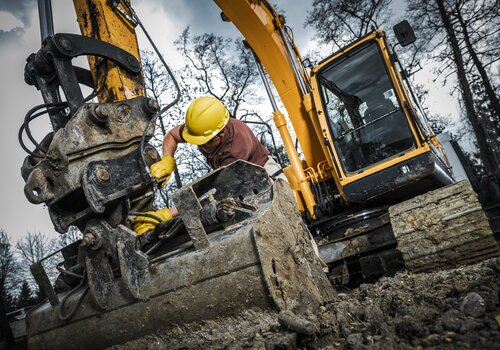With medical cannabis legal in 37 states and recreational use legal in 24, the drug tests you may have used prior to widespread legalization could be outdated. The tests on the market do not indicate whether an employee is presently impaired but instead detect the presence of cannabis in the body. For chronic users and those with higher body fat, cannabis residue that produces a positive test can last in their system for over a month, even if they are not currently impaired. Two of the most common drug tests, urine and hair tests, are able to detect drug use that occurred 30-90 days previously, which wouldn’t tell you whether the employee came to work impaired.
Instead of using tests that look for the presence of cannabis, you should treat cannabis use similarly to alcohol consumption. Especially in states where cannabis use is legal in some capacity, you need to establish clear company policies that comply with state laws around privacy while also prioritizing worker safety.
Develop and Communicate Company Policy
No matter your state’s policy around cannabis, you are allowed to and should prohibit its use during work just like you would alcohol. Your company should have a policy that clearly defines what it considers cannabis, including all the forms in which it can be ingested, and craft them similarly to how you would those around alcohol, not cigarettes. And if your company works on projects for the federal government, you should prohibit any use of cannabis both at work and at home as cannabis remains illegal at the federal level.
No matter your state’s policy around cannabis, you are allowed to and should prohibit its use during work just like you would alcohol.
However, especially when it comes to those employees who use cannabis to treat a medical condition, you should review your specific state’s laws surrounding medical claims to avoid any potential litigation. For example, “Florida and South Dakota prohibit disability claims based on marijuana use,” while states like Arizona protect employees.
Consequences for violating you company’s cannabis policies should be clearly communicated before hiring an employee, and they should be consistently enforced to deter violation and avoiding discrimination claims.
Test For Impairment, Not Presence
If your company doesn’t have a strict prohibition of cannabis outside of work, the best way to ensure compliance is to train managers on how to notice and detect impairment rather than using traditional drug tests that detect the presence of cannabis in the body. Some traditional drug tests, such as those involving saliva and blood, have a smaller detection period that could indicate recent cannabis use. But saliva tests can be inaccurate, and blood tests are often seen as excessive and invasive. Instead, you should train managers to identify the signs that an employee is impaired, such as changes in speech, unusual behavior, disregard for safety, and other such actions. Many states with legalized cannabis define an employee as impaired if you have “a good faith belief that an employee manifests specific, articulable symptoms.”
As cannabis use is legalized in even more states and without specific national standards regarding its use, it will be up to you to familiarize yourself with state and local policies regarding the use of cannabis at work. And as always, consult a lawyer should you need help creating the best policy for your company.
Photo credit: ROBINOLIMB/ISTOCKPHOTO.COM












